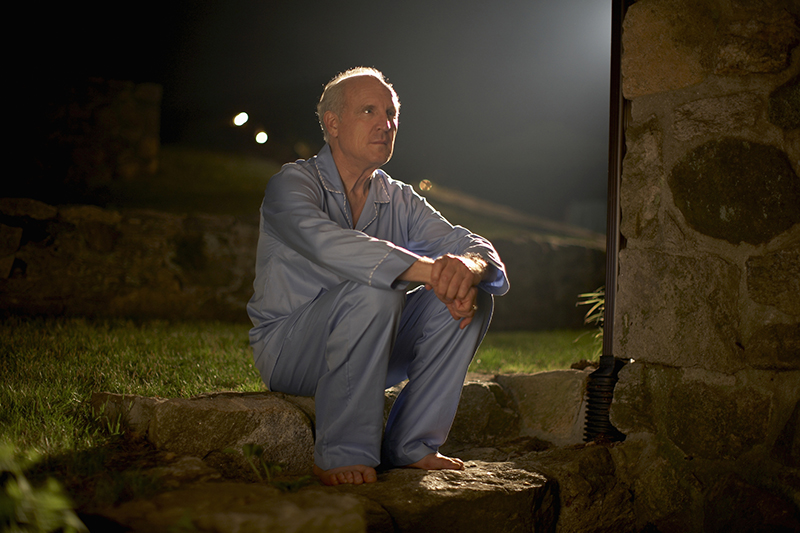
Sundowning in the elderly with dementia can be challenging to manage.
As the sun begins to set, many of us can relax after a long day and prepare for a peaceful evening to unwind – unless you’re providing care for a person with dementia. Sundowning, or sundown syndrome, is a frequent occurrence in Alzheimer’s disease and other types of dementia, and can result in restless, sleepless nights of anxiety, disorientation, confusion, and agitation – for several hours after sunset, or even for the whole night.
The exact cause behind sundowning behaviors is not fully understood, but contributing factors may include:
- An interruption in the older adult’s internal body clock
- A need for less sleep
- Medication side effects
- The lack of ability to distinguish reality from dreams, leading to disorientation
- Physical and/or mental exhaustion and fatigue from a difficult day
Try these suggestions to help minimize or prevent the effects of sundowning in the elderly:
- Just before the sun sets, close drapes and pull down window shades, so the older adult cannot notice the darkening sky – and, make certain there is a lot of light throughout the home.
- Try to schedule the senior’s day to include a lot of activities and discourage afternoon napping.
- Switch to calming, soothing activities towards the end of the day. Turn off the television, play quiet music, and give your loved one a cup of warm herbal tea or milk.
- Pay attention to the older adult’s eating habits during the day, limiting caffeine and sweets to the morning hours and serving an earlier dinner.
- Speak to the older adult’s doctor for advice and to confirm there aren’t any underlying physical conditions contributing to the problem, such as incontinence or other bladder issues or anything leading to physical pain. The physician may suggest a medication to help the senior to relax at night.
If, in spite of these strategies, the senior continues to be agitated and stays awake during the nighttime hours, there are a few things you can do to help. First, remain calm and avoid arguing or getting into drawn-out conversations. Simply provide assurance that your senior loved one is safe and everything is okay. Determine if there’s something your loved one needs, and after taking care of any specific concerns, gently remind the senior of the time, and recommend getting some sleep. Your loved one may also feel more at ease in a new sleeping environment, such as in a favorite chair or guest bedroom, making use of nightlights or other soft, indirect lighting.
Grace Home Care’s professional dementia care in Topeka [MaMM3] offers a great solution to sundowning or any other challenging behaviors. We are available to take the night shift and help older adults take part in comforting and enjoyable activities when sleep eludes them, allowing family caregivers the chance to get the rest they need. We even provide around-the-clock, live-in care to make certain older adults are safe and well cared for any time of day.
Contact us at 785-286-2273 to learn more about our top-rated dementia care in Topeka. We’d love the opportunity to create a customized plan of care to meet your specific needs, and improve quality of life for an older adult you love.
